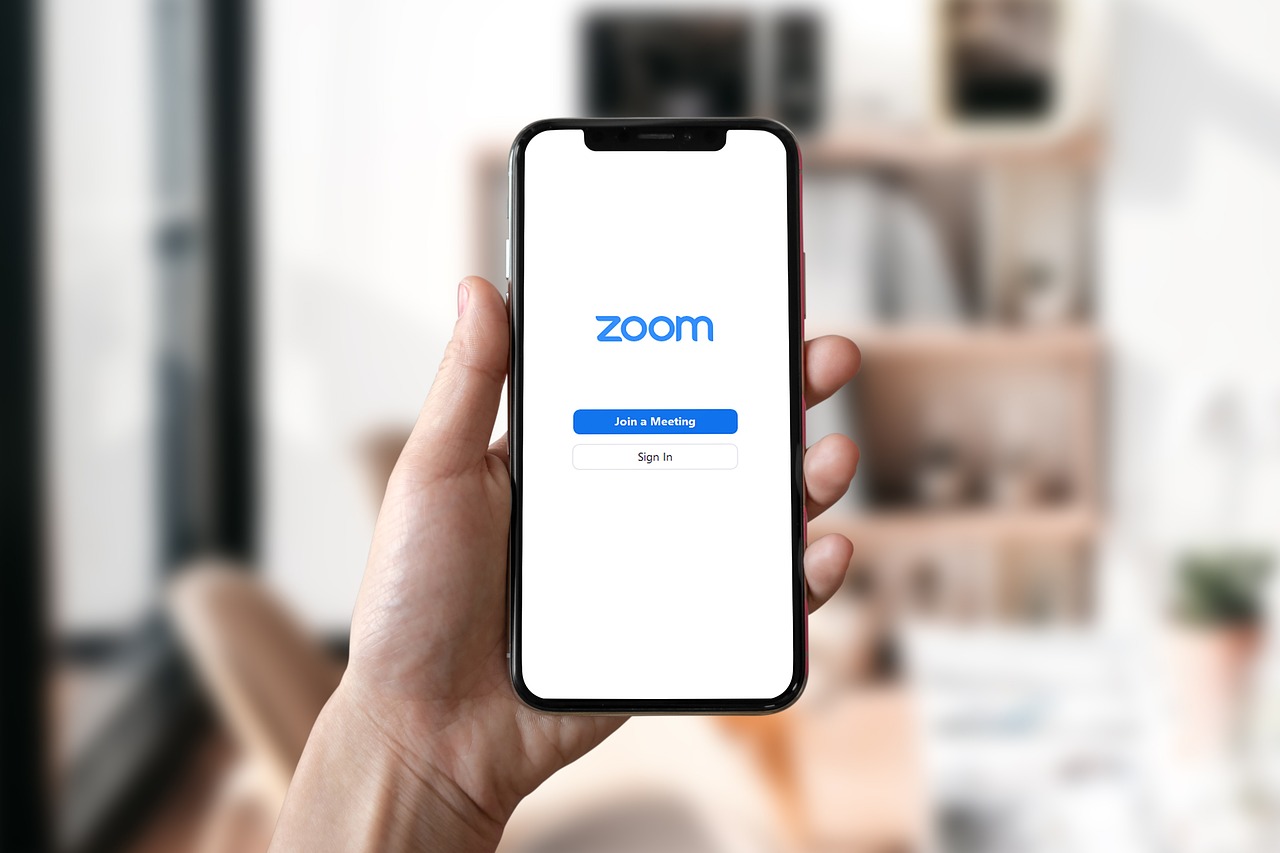The Ethics of AI in Human Resource Management: Bias and Fairness
The integration of artificial intelligence (AI) in human resources (HR) has brought about both promising advancements and complex ethical dilemmas. As organizations strive to enhance their HR processes using AI technologies, they must navigate the ethical considerations that arise from the potential impacts on employees and job seekers. One primary ethical concern revolves around the transparency of AI algorithms used in various HR functions, such as recruitment, performance evaluation, and employee engagement. The opacity of these algorithms can lead to biased decision-making and reinforce existing inequalities within the workforce.
Furthermore, the use of AI in HR raises concerns regarding data privacy and consent. HR departments collect a vast amount of personal data from employees and candidates, which is processed by AI systems to make informed decisions. Protecting the privacy of this data and ensuring that individuals are aware of how their information is being used is paramount. Organizations must establish clear guidelines and policies to safeguard sensitive information and obtain explicit consent from individuals before utilizing their data in AI-driven HR processes.
Understanding the Impact of AI on Recruitment Practices
AI has significantly altered the landscape of recruitment practices in recent years. Organizations are increasingly leveraging AI to streamline the recruitment process, from candidate sourcing to selection. The use of AI tools such as resume screening software and chatbots has allowed HR professionals to handle a larger volume of applicants more efficiently.
One of the key impacts of AI on recruitment practices is its ability to enhance decision-making processes. By using AI algorithms to analyze candidate data and predict future job performance, organizations can make more informed hiring decisions. This data-driven approach minimizes the risk of human bias or subjectivity influencing recruitment outcomes, leading to more objective and merit-based selection processes.
Challenges of Bias in AI Algorithms
Bias in AI algorithms presents a significant challenge in various applications, particularly in the realm of human resources and recruitment practices. Algorithms designed to select potential candidates for job opportunities may inadvertently perpetuate biases prevalent in society. Factors such as gender, race, and socio-economic background can be inadvertently incorporated into the decision-making process, leading to unfair and discriminatory outcomes.
Moreover, the opacity of AI algorithms adds another layer of complexity to the issue of bias. Often, the inner workings of these algorithms are not transparent to users and even the developers themselves. This lack of transparency makes it difficult to identify and rectify biases that may have been inadvertently encoded into the algorithms, further perpetuating discriminatory practices in the recruitment process.
What are some ethical considerations to keep in mind when utilizing AI in HR?
When using AI in HR, it is important to consider issues related to privacy, data security, fairness, and transparency in decision-making processes.
How does AI impact recruitment practices?
AI can help streamline the recruitment process by automating tasks such as resume screening and candidate matching. However, it can also introduce bias if algorithms are not properly designed and monitored.
What are some challenges of bias in AI algorithms?
Bias in AI algorithms can lead to unfair treatment of certain individuals or groups, perpetuate existing prejudices, and undermine the credibility of decision-making processes. It is important to address bias in AI algorithms to ensure fairness and avoid potential harm.





